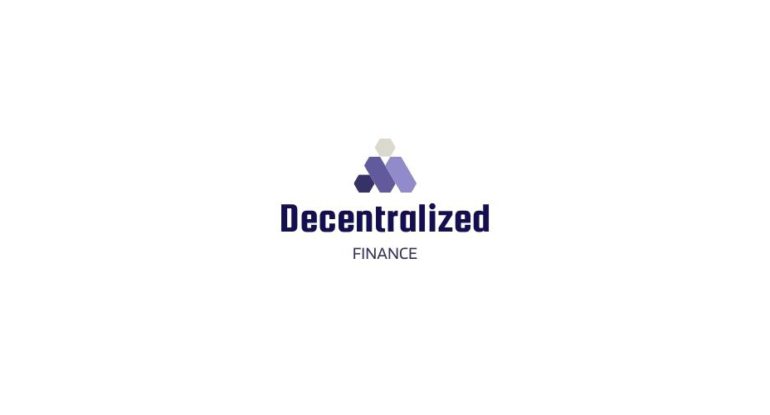Which is the best blockchain for creating a DAO?

The best blockchain for creating a DAO is Ethereum. It continues to be the blockchain of choice for DAOs. There is a case for alternative chains that may be better suited.
The crypto community and industry have adopted Ethereum as the chain of choice for most blockchain-based decentralized applications (DApps). However, alternative chains may be more suited to decentralized autonomous organizations’ workload (DAOs).
Ethereum Virtual Machine (EVM) chains have yet to become a convincing reason due to technical advantages and lower transaction costs. A network that is EVM compatible can benefit from Ethereum’s security features. Ethereum and its compatible chains have a significant advantage over the competition regarding the number of DAOs. Snapshot, a blockchain voting platform, claims to have over 4,200 DAOs and protocols requiring governance members.
According to ecosystem tracker Cardano Cube, the Solana environment has just 140 DAOs, Cardano has ten, and Polkadot Substrate has only eight. This isn’t to disregard the fact that, according to DAO tracker DeepDAO, three of the top 10 DAOs by the number of decisions made in the last seven days are based on Solana.
DAO tracker DeepDAO CEO Eyal Eithcowich stated that Ethereum’s advantage over the rest might be practical but straightforward. He says that Ethereum’s dominance is because it is “the chain where the DAO movement began.” “More importantly, Ethereum offers the most mature environment for founding and managing all elements of DAOs, including financial DAOs.” This could change when other chains gain popularity.”
He did, however, point out Ethereum’s hefty gas fees as a disadvantage. “However, the ecosystem’s supporting features and tools are less robust,” he added, adding that Solana allows DAOs to conduct transactions quickly and cheaply.
Also, read – Ethereum (ETH) made $1.29 billion in revenue in March 2022
Furthermore, Solana has been prone to network outages frequently.
Last week, Saro McKenna, the co-founder of Alien Worlds’ nonfungible token (NFT) game on the EOSIO-based WAX network, told that she believes EOSIO is better for constructing DAOs. She says Ethereum is too pricey for voting and was designed to be a “general-purpose blockchain” capable of doing various tasks. EOSIO, on the other hand, McKenna claims, “was partly built for DAOs.”
“The EOSIO codebase is stable, allowing for layered multisig permissions and dynamic collection election mechanisms, both of which are required for DAOs to function properly.”
Gas fees have long been a source of contention for Ethereum users, but they were at their lowest point in March since August last year.
However, EOSIO has been heavily criticized by Andrew Levine, CEO of blockchain consultancy firm Koinos, which may explain why it lags behind Ethereum in terms of acceptance. While EOS transactions are nearly free, he claimed that an account creation fee would be charged in February. Additionally, as compared to Ethereum, maintaining money on an account is a little more complex:
“One of the most important repercussions of the EOS database’s use of memory-mapped files,’ a legacy of the Steem architecture, is that it is built to use the most expensive kind of storage available: random-access memory.”
Comments are closed.




























































